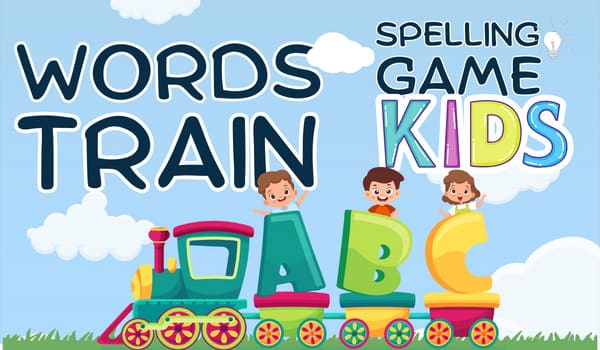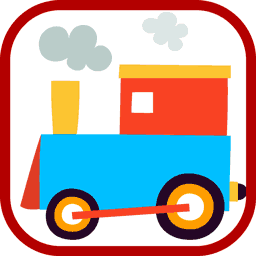Math and Science are the foundation subjects in a person’s life. Moreover, their knowledge is preliminary in shaping a person’s cognitive abilities. That is why today, on holiday educationists, we will explain why are math and science important in preschool. The base knowledge help children understand the course of the upcoming classes with more ease. That is why parents and teachers must ensure a proper understanding of concepts.
Why is math and science important in preschool?
In the preschool educational plan, math covers a broad scope of ideas, including numbers and shapes (geometry). It utilizes a complexion with expressions such as more than, not exactly, and equivalent to just as in front, behind, inside, outside, close, and far. Math moreover includes including, removing, gauging, estimating, charting, and different abilities.
So also, science exercises swarm the youth educational program contemplates. Including nature (plants, creatures, geography), cooking (science), climate(wind, downpour), and the earth (air, water, reusing), to give some examples. It utilizes aptitudes, for example, watching, looking at, anticipating, and reporting. A lot of science requires estimating (temperature, speed, time), which includes math.
What do researchers think of the importance of math and science in preschool?
To put it another way, researchers need math to discuss what they do. In incorporating math and science ideas in the study hall. We have to ensure our destinations are quantifiable and established in the abilities we need to educate kids. One target, for instance, maybe: “By the week’s end, kids will distinguish and sort things by shape and shading.” This goal is quantifiable on the grounds that we can evaluate whether kids can play out this errand.
Obviously, kids handle ideas and create abilities at various rates. In the event that Kevin can’t exactly sort triangle hinders from the squares and square shapes, we might offer a similar action in the workmanship place with paper or texture shapes, for instance. Also, kids learn best through understanding furthermore, hands-on exercises (Piaget 1964).
On the off chance that a goal for the week is to show counting or arranging, kids need genuine chances to check and sort. At lunch, for instance, a teacher may ask, “What number of chocolates do they have in their lunch box today?” The mix of math and science ideas all through kids’ study halls advances kids’ advancement in all spaces: psychological, social, passionate, and physical.
Psychological Importance:
Psychological turn of events Kids create psychological abilities, for example, language. Thinking, in an assortment of hands-on exercises, counting those that include math and science. For occasion, if two kids are playing with Legos®. They are learning about shape and size as well as additionally the number of blocks expected to fabricate a structure. Also, they figure out how to issue tackle by anticipating what number of blocks they can use to pick up the most prominent measure of stature without the structure falling over.
Simultaneously, they may gain proficiency with the idea of circumstances and logical results. Subsequently, if a pinnacle of Legos falls over, they find that including extra blocks (cause) makes the pinnacle fall (impact). They can start applying this idea in different exercises.
Overlooking to water a bean plant, for instance, causes the leaves to shrink. When arranging an action, an instructor may perceive that Sam has more information or experience about a math or science idea than Ashley. By matching them, the instructor has the chance to set up a platform experience.
That is, the instructor is giving an opportunity for Ashley to support Sam to advance his insight. The region between what Ashley knows now and what she could realize is what Vygotsky (1978) called the zone of proximal advancement. That is an astounding method to support a kid’s learning.


